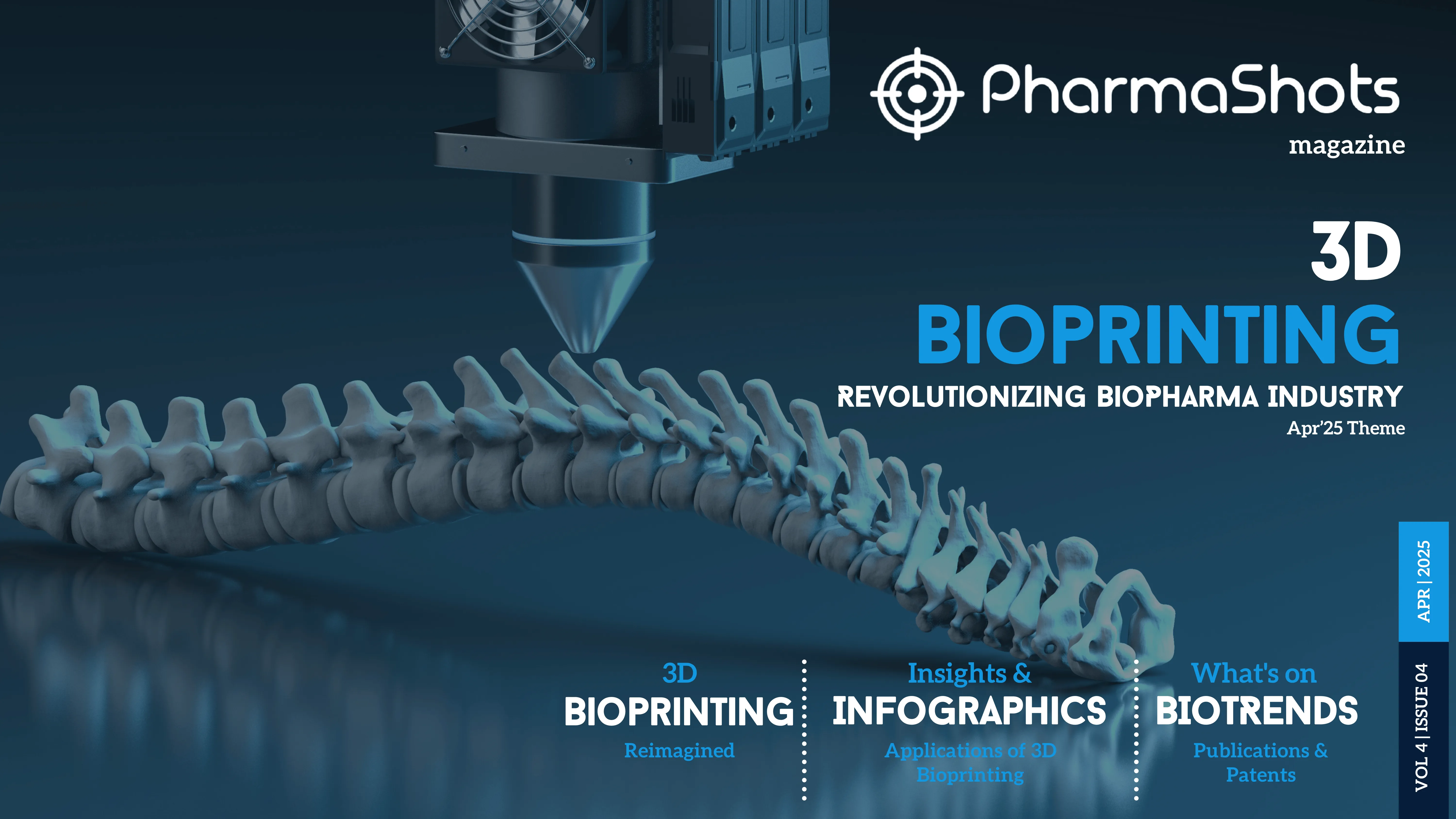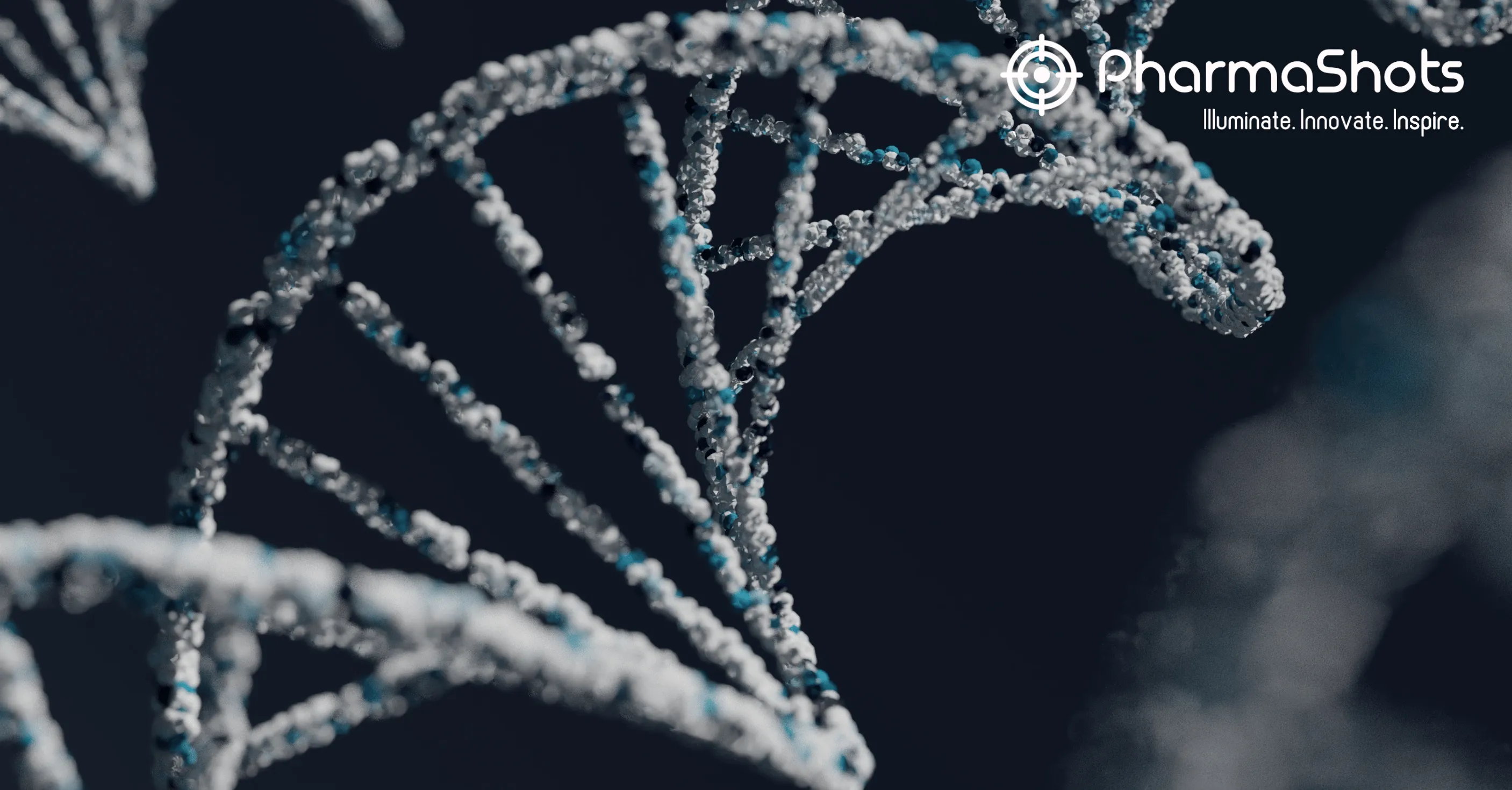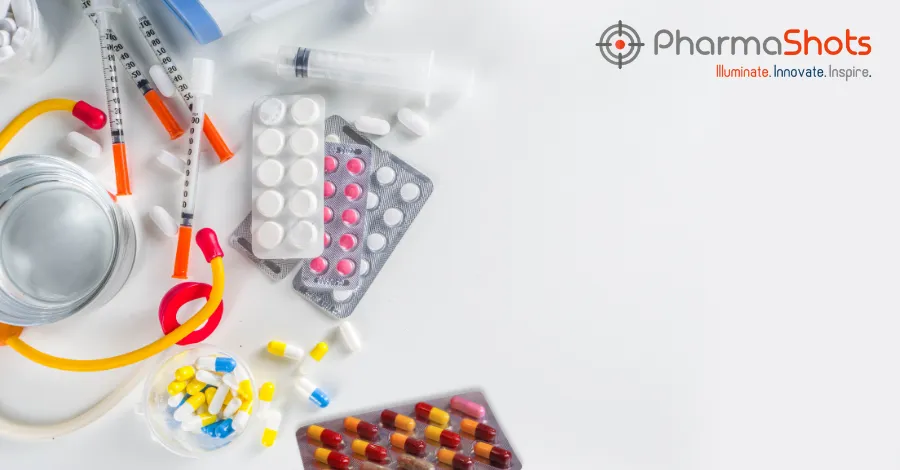
Preparing for Your First Sperm Donation Appointment
Donating sperm is a significant decision that assists numerous individuals and couples in fulfilling their wish to have children. Nonetheless, research on sperm banks reveals a crucial problem: insufficient donors from diverse backgrounds, posing difficulties for recipients seeking compatible matches from varied backgrounds. If you're considering becoming a donor, adequately preparing for your first visit can make your experience less stressful and ensure smooth proceedings.
Before scheduling your visit, it's wise to investigate different clinics. It's essential to select a trustworthy sperm bank to guarantee that they handle everything professionally and that you receive appropriate benefits, including financial compensation. Making an informed decision from the start will positively influence your donation process and help in boosting diversity in donor programs.
Finding a Sperm Bank
To find a sperm bank near you, start by searching online directories and fertility forums where clinics near your location are listed. Pay special attention to the reviews and testimonials from previous donors to gauge the reputation and reliability of the sperm banks you consider. Additionally, check each clinic's certification to ensure they meet industry standards in health and safety.
If you're wondering, "Is there a sperm bank near me that pays?" research the clinic's compensation policies to ensure they align with your expectations. Understanding the financial benefits, such as compensation rates and any additional perks like travel reimbursements, can guide your choice. A well-chosen clinic not only supports your physical health but also ensures your efforts are fairly rewarded.
Understanding the Requirements
Each sperm bank often has specific eligibility criteria in order to maintain high-quality donor sperm, such as being within an age range between 18-39 and having no major medical or genetic conditions that prevent donation.
When you contact a clinic, they will request your medical history as well as genetic screening tests in order to assess both your health and viability, which makes this information essential to ensuring safe and successful treatments in the future.
Preparing Physically
Before donating sperm, it's essential that you’re in good physical shape. This involves eating healthy, staying active and getting enough rest; all of which have proven beneficial for improving sperm quality and quantity.
Avoiding habits such as smoking, excessive drinking and certain medications is also key in order to maximize donor sperm quality and overall well-being. Clinics typically give donors specific instructions leading up to donation day, often including advice to forgo ejaculating for several days before maximizing sperm production and count.
Legal and Ethical Considerations
Sperm donation involves important legal and ethical considerations to safeguard both the donor and the recipient. You'll usually sign a contract covering anonymity, parental rights, and future contact with any offspring.
Most donors stay anonymous, but some sperm banks offer programs where children conceived through donation can contact the donor later in life. It is essential to comprehend these terms thoroughly before making any commitments.
What to Expect During the Visit
Your first visit to a sperm bank involves a thorough consultation with an interview and physical exam. The staff will explain the donation process, answer your questions, and do tests like blood work and semen analysis. These tests check your health and sperm quality to see if you can donate. Knowing what to expect can calm your nerves and make you more comfortable during your visit.
Post-Donation
After you donate sperm, your samples will be kept in quarantine for six months. During this period, the clinic will store your donations securely to ensure their quality and safety. Six months after your final donation, you will undergo a final screening to ensure there are no infectious diseases or other health concerns.
If this screening is clear, all of your sperm donations that have been in quarantine will be released for use. This thorough process ensures that the donations are safe for recipients and maintains high standards of health and quality for all involved. Regular communication with the clinic may still be important to monitor your health and address any concerns that may arise from the donation process.
Staying Informed
Keeping updated on any alterations in clinic policies or the wider sphere of sperm donation is essential. This ensures you stay in line with current health rules and legal standards. Connecting with donor support groups or using counseling services can also offer emotional backing and useful perspectives while managing the intricacies of sperm donation.
Final Thoughts
Getting ready for your first sperm donation appointment is more than just turning up at the clinic. Choosing a trusted clinic, knowing the legal and medical aspects, and staying healthy ensure your contribution is safe, effective, and fulfilling.
Your donation might fulfill someone's dream of becoming a parent. By preparing well, you can start this journey with confidence. Contact clinics, ask the necessary questions, and get ready for a fulfilling experience that truly changes lives.
Related Post: 4 Biopharma Trends to Watch out in 2024
Tags

Igor Zagradanin is a content marketing expert with a proven track record of helping businesses by adding value to their brands, and content marketing strategies, as well as educating and connecting with their audiences on a personal level.














